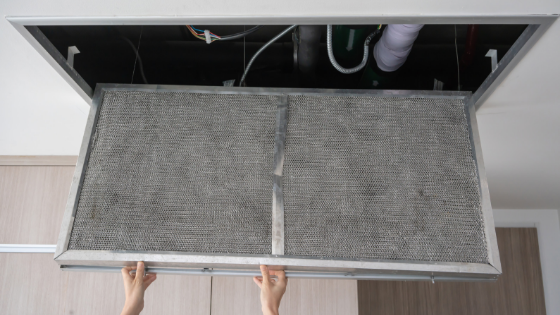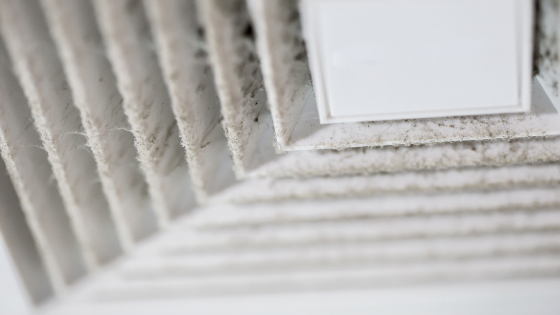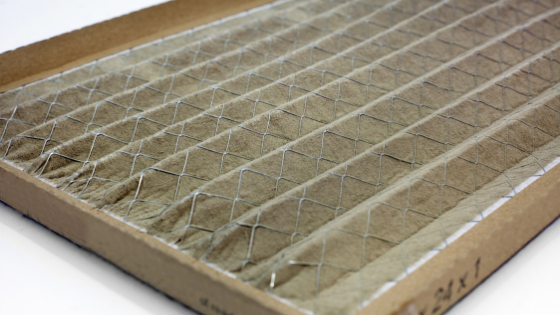When was the last time you changed your HVAC’s air filter? Filters are very important to the function of an HVAC. Air filters a quick replacement and very affordable.
Most homeowners can replace their own filters in a matter of minutes. When filters aren’t replaced it can lead to inefficiency and other problems for your HVAC and air quality. Keep the quality of your home’s air high with a clean air filter.
1. Filters Extend the Life of Your HVAC
Air filters filter through dust and debris, keeping your HVAC clean. Without a filter, an HVAC would be exposed to dust and debris, making is much more vulnerable to breaking down. When a filter isn’t replaced or cleaned out after some time, it can put a strain on an HVAC system. Your system will have to work harder as it pumps air through a dirty filter, making it wear down much quicker. Keeping your filter clean and clear can extend the life of your HVAC.
2. Filters Make Your House Smell Better
Get rid of those unpleasant smells in your home with a good filter. Filters can filter out pet hair and dandruff, smoke, and other pungent smells. Keep fresh smelling air circulating through your house with a clean filter and a high functioning HVAC.
3. Filters Provide Cleaner Air
Filters filter your air—making it cleaner! Air filters reduce pollutants and keep clean air circulating through your house, so you can avoid that stuffy feeling of stagnant air. Clean air can benefit everyone, but especially any in your household who may have allergies, asthma, or other respiratory issues. Reduce allergy-inducing particles in your air with a clean filter.
4. Filters Keep the Pests at Bay
When a filter isn’t there or is worn down and damaged, pests can make their way into your home. Pests can find their way into vents without a strong filter. It may be small pests like insects that get filtered out of your air, but it could also be larger pests like bird or rodents. Avoid that hassle but continuously replacing your filter.
Changing your filter regularly will keep your home full of fresh air and keep your HVAC healthy longer. Save money in the long run as your HVAC system lasts longer. Typically, you should be changing your filter about every 90 days or so. There may be a recommendation for frequency in your HVAC’s manufacturer manual. You may also need to change a filter more regularly if there are pets in the home, anyone with allergies, asthma or other respiratory issues, or if your house is unusually large. The number of people living in the house can also impact it. If there are more people in the house, the filter may need to be changed more often. However, if it’s a vacation home that may not be used as often, it may not need a new filter as often. Change your filter and keep your HVAC running at its highest capacity for as long as possible.



